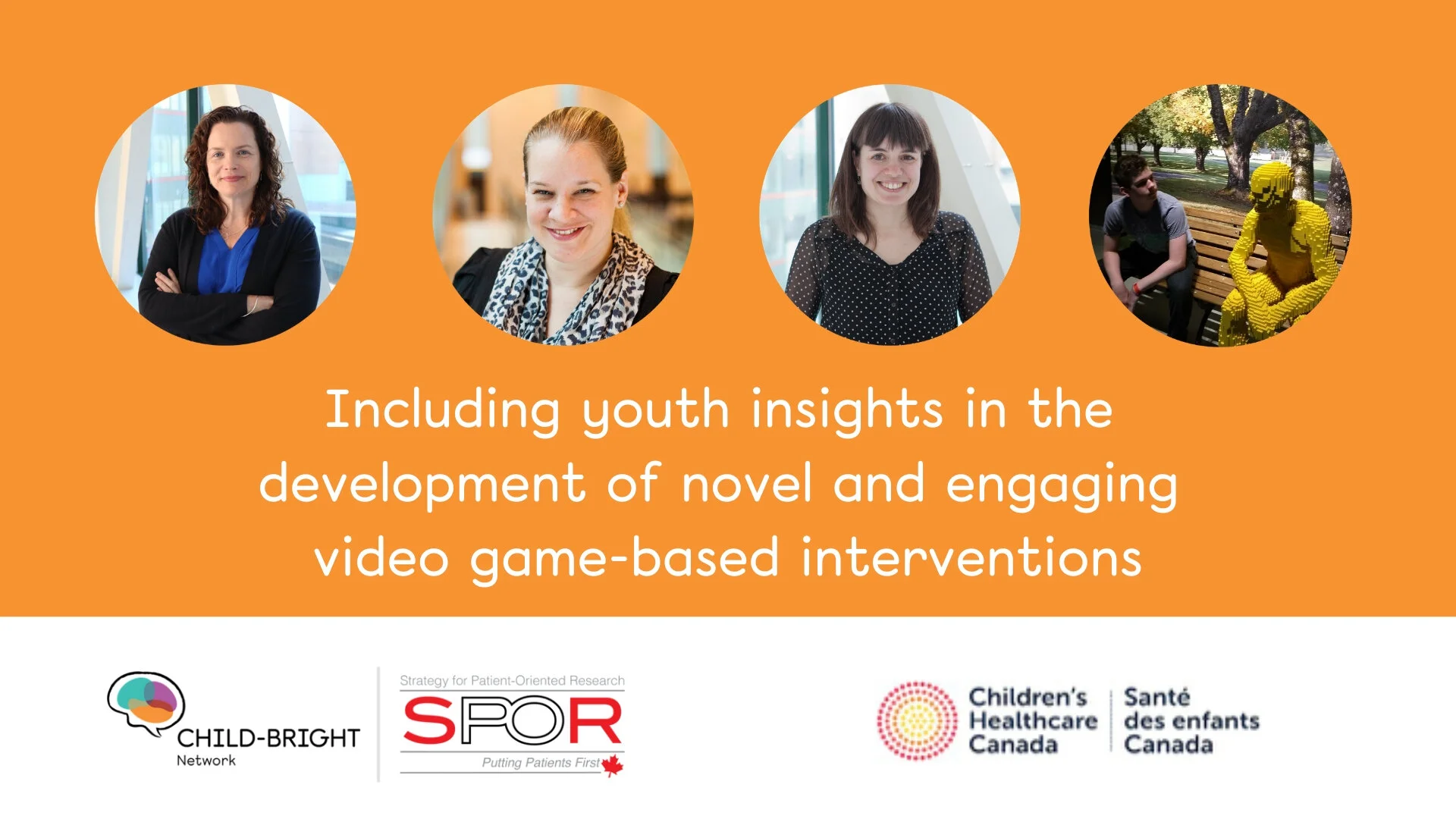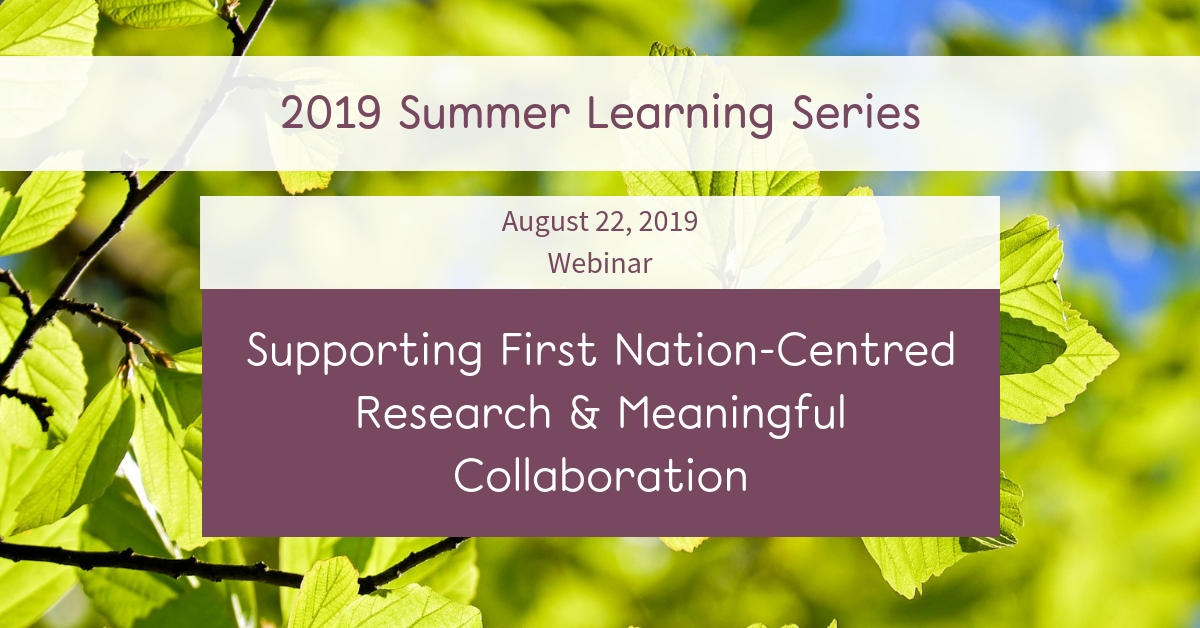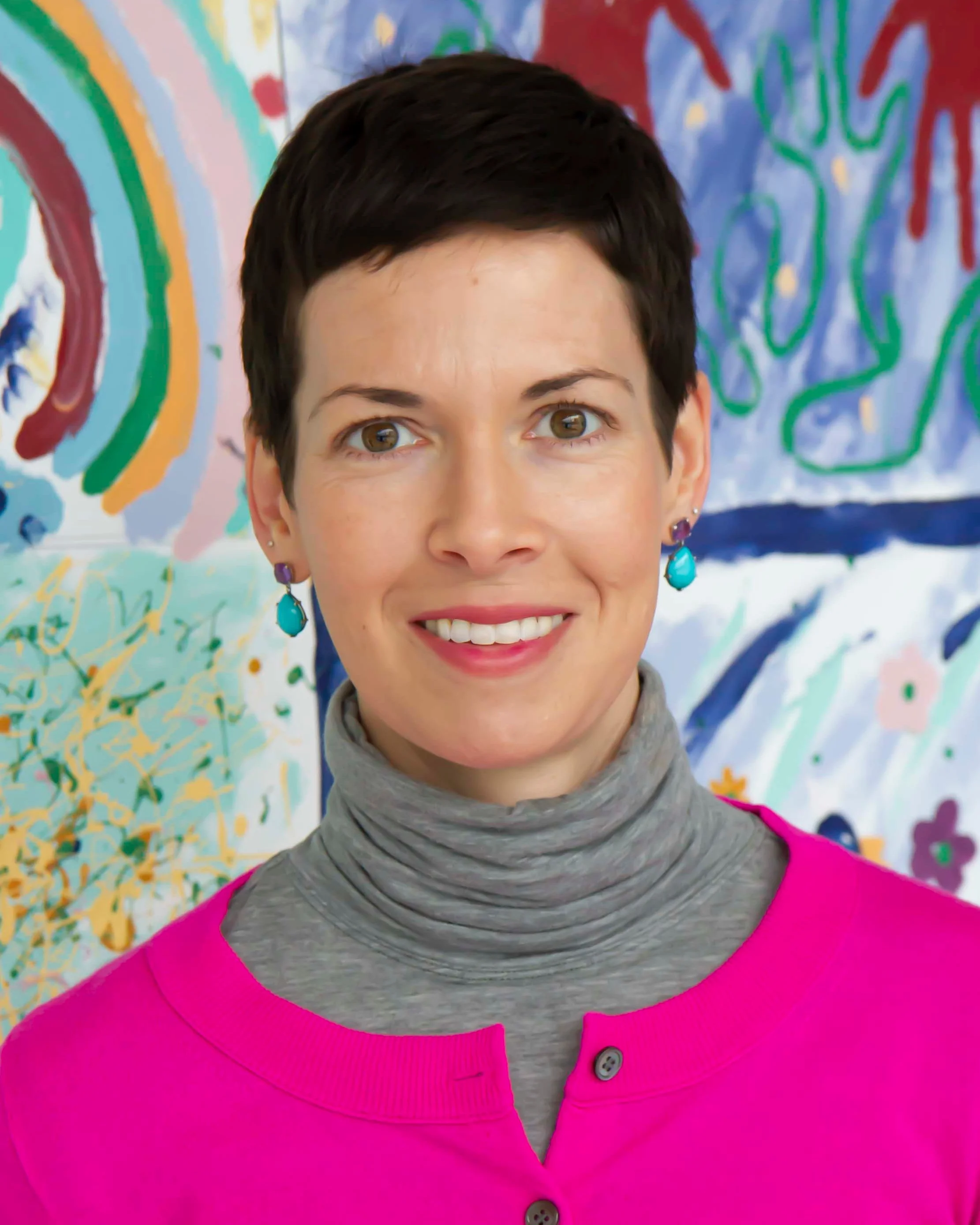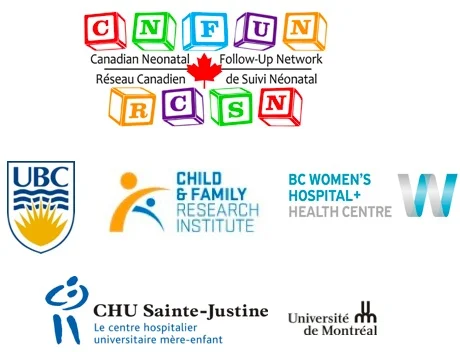Including youth insights in the development of novel and engaging video game-based interventions
This webinar is now over, but if you missed it, please feel free to watch the recording below.
Children with disorders that impact neurodevelopment often have difficulties with executive functions and regulating emotions. Cognitive-based video game training has been shown to improve outcomes, however, this training has been expensive, has required professional supervision, and has been investigated only within a narrow group of children. The CHILD-BRIGHT Mega Team study is a trial to test the effects of a highly engaging, take-home video game-based intervention designed to improve executive functioning in children with various brain-based developmental disabilities.
This webinar will introduce Mega Team as a video game-based intervention for children with brain-based developmental disabilities. It will discuss the experience of including youth and families’ involvement in the research, including lessons learned and knowledge gained. The webinar will touch on strategies for meaningful inclusion of youth input within the design of this novel intervention, study design and implementation.
The webinar will let attendees know how to take part or refer others to the study.
When: Wednesday, November 6, 2019
Time: 11:00 a.m. - noon EDT / 8:00-9:00 a.m. PDT
PRESENTERS
Dr. Jennifer Crosbie
Dr. Jennifer Crosbie is a Clinical Psychologist and Health Clinician Scientist within the Department of Psychiatry. Dr. Crosbie is an Associate Scientist within the SickKids Research Institute, Neuroscience and Mental Health Program, and Assistant Professor at the University of Toronto. Dr. Crosbie’s research and clinical work are focused on understanding the neurobiological determinants of childhood neuropsychiatric disorders, with a particular focus on attention deficit hyperactivity disorder (ADHD). She is principal investigator on the Mega Team project within the CHILD-BRIGHT Network.
Dr. Anne-Claude Bedard
Dr. Bedard is an Assistant Professor in the Department of Applied Psychology & Human Development at the Ontario Institute for Studies in Education (OISE) at the University of Toronto. Dr. Bedard's research focuses on the study of impaired cognition in childhood mental disorders. She has expertise in the development, administration, and interpretation of neurocognitive assessment measures. She has conducted several research studies evaluating pharmacological (e.g., stimulant and non-stimulant agents) and non-pharmacological (e.g., computer-based cognitive training, play-based executive functioning training, physical exercise) interventions for individuals with ADHD across the life span.
Dr. Victoria Lishak
Dr. Victoria Lishak is a clinical research fellow at the Schachar-Crosbie Lab, The Hospital for Sick children. She is involved in developing and studying game-based cognitive intervention for children with neurodevelopmental disorders. Victoria is also a registered clinical psychologist who works with children with a variety of neurodevelopmental conditions. Victoria is interested in understanding the cognitive processes in children with ADHD and other brain-based disorders, as well as developing novel ways of helping these children overcome their difficulties. Victoria believes that patient-partner participation is particularly important to this area of research as children with neurodevelopmental disorders not only have a unique perspective on their condition but also are experts in video games.
Noam McCready
Noam is a Grade 10 student (15 years old) in the Gifted program at Northern Secondary in midtown Toronto. Noam's speech about living with ADHD was presented at the Provincial Level French Public Speaking competition. He really enjoys designing and building things to create on the 3D printer.





















